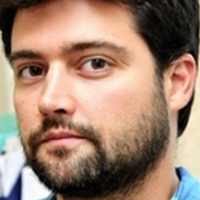The course will address theories and debates in the field of public policies on implementation, aiming to advance students' training in analytical tools applicable to the challenges associated with conducting programs, projects and public services. Contact with theory will always be mediated by reflection based on concrete cases of public policies, allowing applications that range from the diagnosis of the main problems to the construction of intervention strategies, aiming at the effectiveness of government action. The content will be developed in two parts. In the first part (which corresponds to modules 1 and 2, below), the top-down perspective is taken as a starting point and the institutional configurations that characterize the governance of implementation processes are addressed, as elements associated with (dis) construction of action capabilities and implementation of public policies. Institutional design approaches, implementation arrangements and instrumentation of public action are discussed, as analytical strategies for evaluating implementation processes. The second part (which corresponds to modules 3 and 4, below) focuses on the bottom-up perspective, which draws attention to the role and forms of influence of the different actors involved in implementation processes, with special attention to line agents front office (or “street-level bureaucrats”) and mid-level bureaucrats. Different approaches are discussed to the practical challenge of reconciling, on the one hand, flexibility for adaptation and, on the other, unity, coherence and coordination. The exercise and application of both perspectives (parts 1 and 2) on concrete cases will allow the visualization of their strengths and also of the components that require review and improvement.









